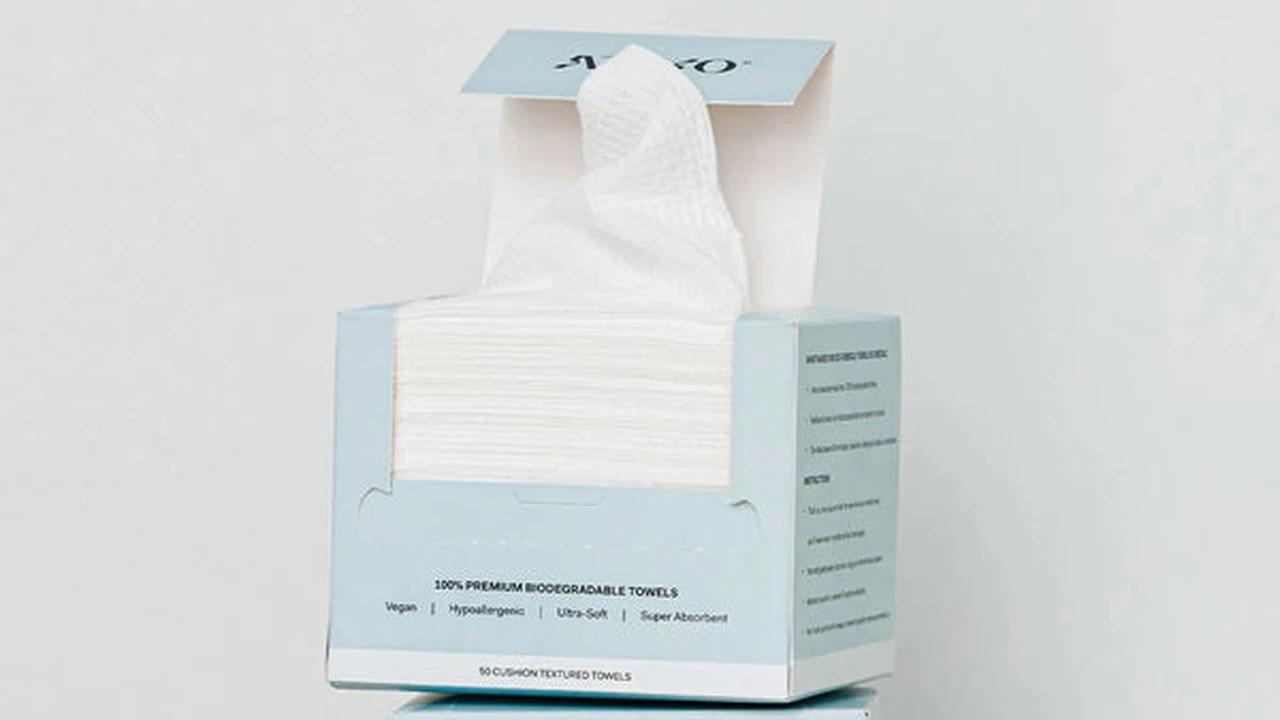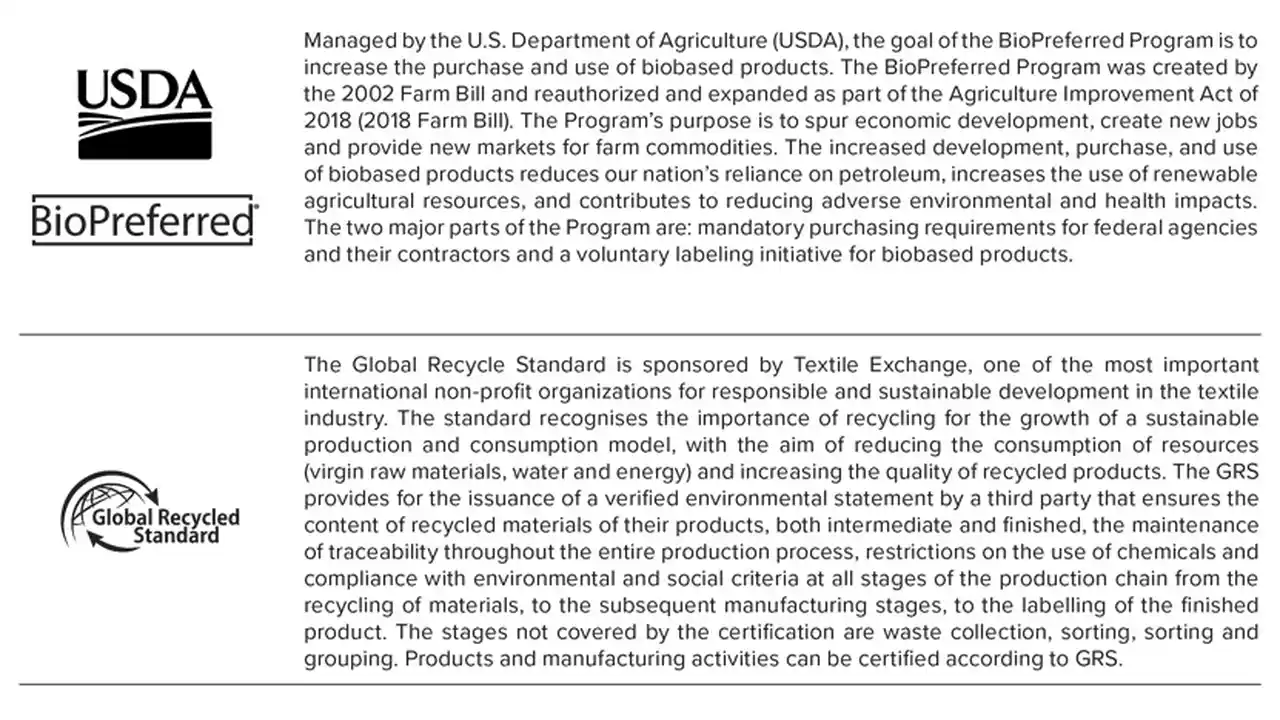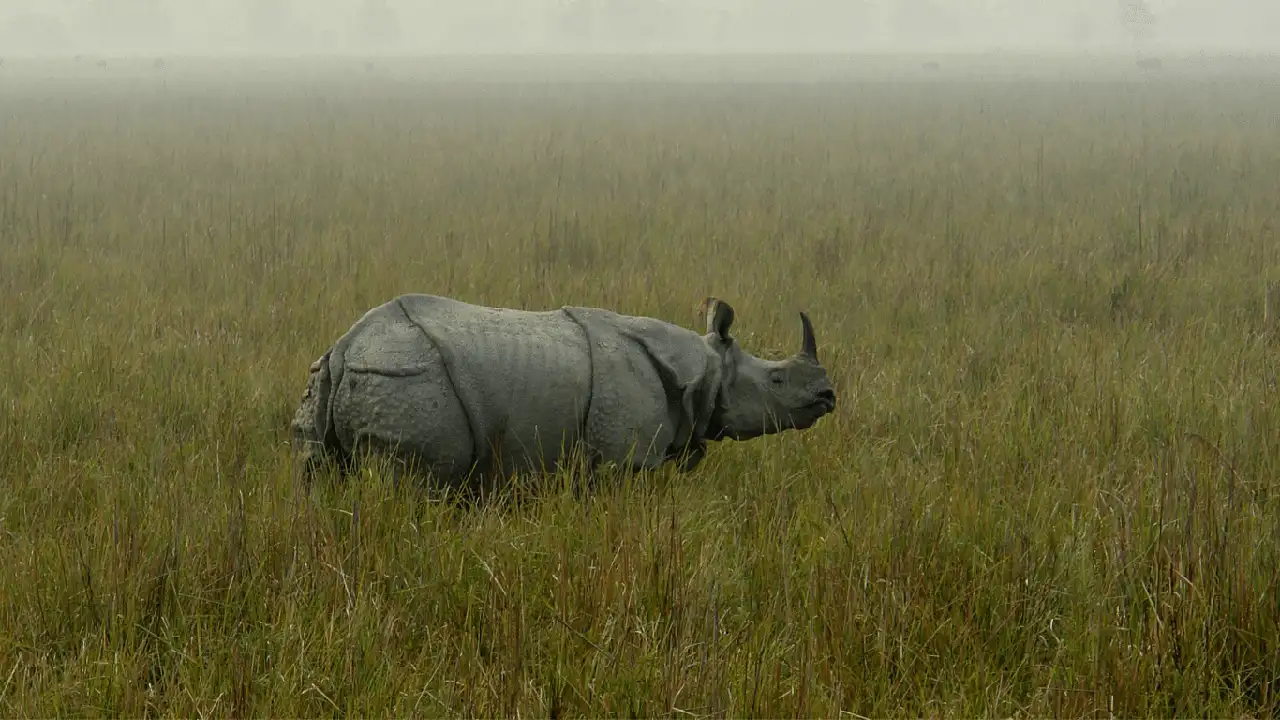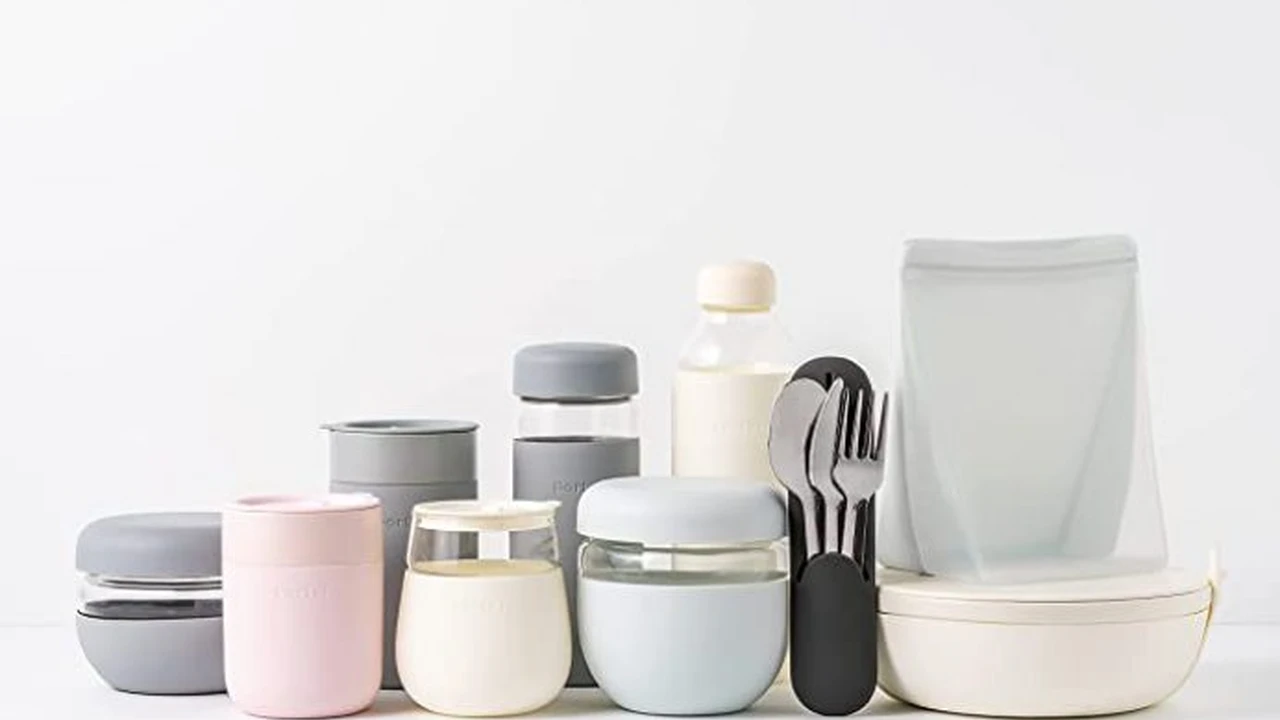Biodegradable Travel Towels Compared
A comparison of biodegradable travel towels for eco-conscious travelers. Find lightweight, quick-drying towels made from sustainable materials. Choose a biodegradable towel for your next adventure.

Why Choose Biodegradable Travel Towels Eco-Travel Essentials
Okay, let's talk towels. Not just any towels, but the kind that love the planet as much as you do. When you're jet-setting around, trying to minimize your footprint, every little choice counts. And ditching those bulky, slow-drying cotton towels for a biodegradable travel towel? That's a pretty solid move.
Traditional towels, especially the cotton ones, are resource-intensive. Think about the water needed to grow the cotton, the energy to process it, and the chemicals used to dye it. Then, after they've soaked up your post-shower self for a few years, they end up in a landfill, taking up space and contributing to waste. Biodegradable towels, on the other hand, are designed to break down naturally, reducing their impact on the environment.
Material Matters Exploring Biodegradable Towel Fabrics
So, what are these magical biodegradable towels made of? You'll typically find them crafted from materials like:
- Bamboo: Super absorbent, naturally antibacterial, and feels incredibly soft. Bamboo is a fast-growing, renewable resource, making it a winner in the sustainability department.
- Hemp: Strong, durable, and gets softer with each wash. Hemp requires less water and pesticides than cotton, making it a more eco-friendly option.
- Linen: Made from flax fibers, linen is highly absorbent, breathable, and naturally resistant to bacteria. It's also incredibly durable and long-lasting.
- Recycled Materials: Some towels are made from recycled plastic bottles or other waste materials, giving them a new lease on life and diverting them from landfills.
Key Features What to Look for in a Biodegradable Travel Towel
Before you hit that \"add to cart\" button, consider these factors:
- Absorbency: How well does the towel soak up water? You want something that can dry you off quickly and efficiently.
- Drying Time: A quick-drying towel is essential for travel, especially if you're on the move. No one wants to lug around a damp, heavy towel.
- Weight and Size: Travel towels should be lightweight and compact, so they don't take up too much space in your backpack or suitcase.
- Durability: Look for a towel that can withstand repeated use and washing. You want something that will last you for many adventures to come.
- Softness: Let's be honest, nobody wants a scratchy towel. Opt for a material that feels comfortable against your skin.
- Biodegradability: This is the whole point, right? Make sure the towel is actually biodegradable and made from sustainable materials.
Product Recommendations Top Biodegradable Travel Towels
Alright, let's dive into some specific recommendations. Here are a few top-rated biodegradable travel towels, with details on their features, pros, cons, and pricing:
Nomadix Ultralight Towel Recycled and Stylish
Material: Recycled plastic bottles (post-consumer recycled polyester)
Features: Super absorbent, quick-drying, lightweight, sand-resistant, and comes in a variety of cool designs.
Pros: Made from recycled materials, dries incredibly fast, packs down small, and looks great.
Cons: Not technically biodegradable in the traditional sense (it's recycled polyester), but it's a great way to divert plastic from landfills. Can be a bit pricey.
Best Use: Beach trips, backpacking, yoga, and general travel.
Price: Around $35 - $50
Tesalate Sand Free Beach Towel Innovative and Practical
Material: AbsorbLite™ microfiber (a blend of polyester and polyamide)
Features: Sand-free, ultra-absorbent, quick-drying, compact, and comes in vibrant designs.
Pros: Sand doesn't stick to it (seriously!), dries super fast, packs down small, and is incredibly absorbent.
Cons: Again, not truly biodegradable, but designed for longevity and reduces the need for frequent replacements. Can be a bit of an investment.
Best Use: Beach days, swimming pools, and any situation where you want to avoid bringing sand home with you.
Price: Around $60 - $80
Sea to Summit DryLite Towel Lightweight and Compact
Material: 70% polyester, 30% nylon microfiber
Features: Extremely lightweight, super absorbent, quick-drying, and comes with a convenient storage pouch.
Pros: Very lightweight and compact, dries quickly, and is relatively affordable.
Cons: Not biodegradable. Focuses more on being lightweight and quick-drying than eco-friendliness.
Best Use: Backpacking, camping, and situations where weight and space are critical.
Price: Around $20 - $40
Evoq Microfiber Travel Towel Affordable and Reliable
Material: Microfiber (80% Polyester, 20% Polyamide)
Features: Quick-drying, super absorbent, lightweight, and comes in various sizes and colors. Includes a handy carry bag.
Pros: Budget-friendly, quick-drying, and absorbent. Good for general travel use.
Cons: Not biodegradable. Focuses on functionality and affordability over sustainability.
Best Use: General travel, gym, swimming, and everyday use.
Price: Around $10 - $25
Product Comparison Finding the Right Towel for You
Let's break it down a bit further. Here's a quick comparison table to help you make the best choice:
| Towel | Material | Biodegradable? | Absorbency | Drying Time | Price | Best Use |
|---|---|---|---|---|---|---|
| Nomadix Ultralight Towel | Recycled Polyester | No (Recycled) | Excellent | Very Fast | $$$ | Beach, Backpacking, Yoga |
| Tesalate Sand Free Beach Towel | AbsorbLite™ Microfiber | No | Excellent | Very Fast | $$$$ | Beach, Pool |
| Sea to Summit DryLite Towel | Microfiber | No | Excellent | Very Fast | $$ | Backpacking, Camping |
| Evoq Microfiber Travel Towel | Microfiber | No | Good | Fast | $ | General Travel |
Price Key:
- $: Under $25
- $$: $25 - $40
- $$$: $40 - $60
- $$$$: Over $60
How to Care for Your Biodegradable Travel Towel Washing and Maintenance Tips
To keep your towel in tip-top shape and extend its lifespan, follow these care tips:
- Wash Regularly: Wash your towel after each use or every few uses, depending on how often you use it.
- Use Mild Detergent: Avoid harsh chemicals and bleach, which can damage the fibers and reduce the towel's absorbency.
- Air Dry: Hang your towel to air dry whenever possible. This is the most eco-friendly way to dry it and will also help prevent shrinkage. If you must use a dryer, use a low heat setting.
- Avoid Fabric Softener: Fabric softener can coat the fibers of the towel and reduce its absorbency.
- Store Properly: Store your towel in a dry, well-ventilated area to prevent mildew growth.
Beyond the Towel Other Ways to Travel Sustainably
Choosing a biodegradable travel towel is just one small step towards sustainable travel. Here are a few other things you can do to minimize your impact:
- Pack Light: The lighter your luggage, the less fuel your plane will burn.
- Use Public Transportation: Opt for trains, buses, or bikes instead of rental cars.
- Support Local Businesses: Shop at local markets, eat at local restaurants, and stay at locally owned accommodations.
- Reduce Your Waste: Bring your own reusable water bottle, coffee cup, and shopping bags.
- Respect Local Culture: Learn about local customs and traditions and be mindful of your behavior.
- Offset Your Carbon Footprint: Consider purchasing carbon offsets to compensate for your travel emissions.
The Future of Travel Sustainable Choices for a Better World
The travel industry is evolving, and sustainability is becoming increasingly important. By making conscious choices, like choosing a biodegradable travel towel, you can help create a more responsible and eco-friendly travel experience. So, pack your bags, grab your towel, and get ready to explore the world with a clear conscience.
:max_bytes(150000):strip_icc()/277019-baked-pork-chops-with-cream-of-mushroom-soup-DDMFS-beauty-4x3-BG-7505-5762b731cf30447d9cbbbbbf387beafa.jpg)






